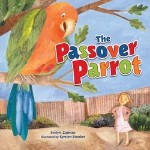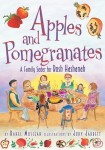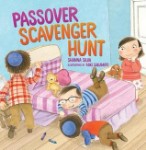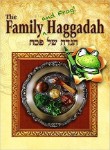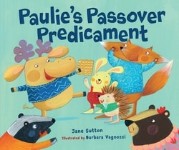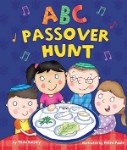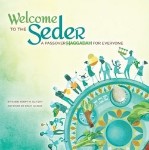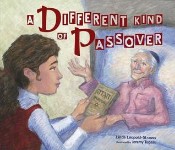From Ink to Inspiration: A Poignant Graphic Novel Illuminates the Resilience of Holocaust Survivors

Buy this book at Amazon or for Kindle or at Bookshop
Thoughts on “We Survived the Holocaust: The Bluma and Felix Goldberg Story” by Frank W. Baker with Esther Goldberg Greenberg, Karol Goldberg & Henry Goldberg
Illustrator: Tim Ogline
Editor: John Shableski
I admit I often feel desperate nowadays about significant issues in our world. For example, my emotional side cannot comprehend how the number of Holocaust deniers or minimizers seems to be growing. How can so many people believe that the Shoah did not happen or try to make it a trivial matter? My analytical mind can comprehend the reasons, how the individual and personal drives of neonazis got to their convictions. Their personal histories, lack of education, need to find external causes and scapegoats for their actual or perceived difficulties… I get that. But still, how can they believe that the concentration camps and all the other horrid atrocities did not happen?
Deep down, I know that education is the only thing that could have a remote chance of rectifying their (and future generations’) ignorance and attitude. I am also aware that pedagogy is an art that includes the principle that talking to youth in their natural environment and language can be more effective than ex-cathedra dry education. Considering that graphic novels are enjoying a growing popularity (again) in the US youth culture, I found the idea of a graphic novel version of personal histories and testimonies of Holocaust survivors a great notion. “We Survived the Holocaust: The Bluma and Felix Goldberg Story” fully lives up to the genre’s potential.
The book is informative and personal, subjective and objective, contemporary and historical—all simultaneously. It gives enough background information so that those who have never learned the details about this period of history can get the basic facts right. The chapter covering the 1917-1939 period is exceptionally well crafted in this regard. However, the facts (locations, events, historical figures) keep popping up throughout the book. (My favorite bit is Felix’ encounter with President Eisenhower.) However, it is not a dry history book, as the personal stories of Felix and Blume, two survivors from different villages in Poland, are not just interwoven in the story but give the bulk of it. Their stories are similar to others I have read, but that does not make their ordeal any less horrific. Every suffering and every joy is valid in this world.

Framing the book with a story where the descendants remember and honor the survivors effectively connects the past to the present, the old and deceased to the young and living. It–the camps, the Shoah, the horrors–is not just history but also a living intergenerational memory. Speaking of efficiency, one of the most accurate descriptions from the book, on page 45 is the term “brutal efficiency”: “The entire system was run with brutal efficiency, operated by the SS under the direction of Reichsführer Heinrich Himmler, the infamous architect of the “final solution.” I include the relevant panel below so you can decide whether this graphic novel is too graphic. My inclination is that as the target audience for the book is young adults in high school and the existence of many more graphic pictures, it is not too graphic. Disturbing? Yes. But the reality was much worse.
I cannot leave unsaid what effect the family’s name had on me: Goldberg. One of my grandfathers was also named Goldberg. His future wife, my grandmother, was also a Holocaust survivor with a similar personal journey to that of Bluma. My grandparents also married right after the war; their firstborn child, my mother, is of similar age to their firstborn. So, as I was reading the story, I kept sinking into the alternative world where I had imagined that these were my grandparents. It also inspired me to write up what I know about what happened to them during (and before) the war. They chose not to record or share it with their children, my mother, and my uncle. It was their choice that I could respect. But now they are long gone, and honoring them may include sharing as much as I can about their lives for my children.
Frank W. Baker, the book’s author, is an expert on media literacy; check out his website, and it shows. The book is a great educational resource, but having a detailed timeline, glossary, recommended resources, and index makes it a truly valuable item in the fight against ignorance. The family pictures and short bios of the Golrberg descendants make it more relatable, not to mention that it is easier to connect with on a personal level to the family.
The book’s website: wesurvivedtheholocaust.com
The author’s website: frankwbaker.com
Disclaimer: I have received a digital copy of this book and a small amount from the author which did not affect my review in any way.
Year first published: 2023
The book's page at the publisher's site

